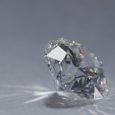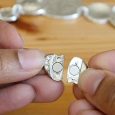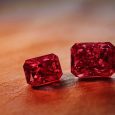In This Guide
Jewelry is an important thing to consider in this COVID-19 Pandemic. You always wear your necklace, earrings, bracelets, or rings because they hold a sentimental value that no one can replace. In this uncertainty, there are changes you have to make. Unfortunately, your jewelry is part of this change.
The truth remains—we should all do our best to stop the spread of the coronavirus. The best way to do this is to keep clean. Proper handwashing for at least 20 seconds is the most effective way to slow down the spread of the virus. If you wear jewelry on your wrist and hands, you should clean and sanitize them as well. Some experts prefer not to wear jewelry during the pandemic. If you follow effective sanitation methods, perhaps you can wear some of your jewels.
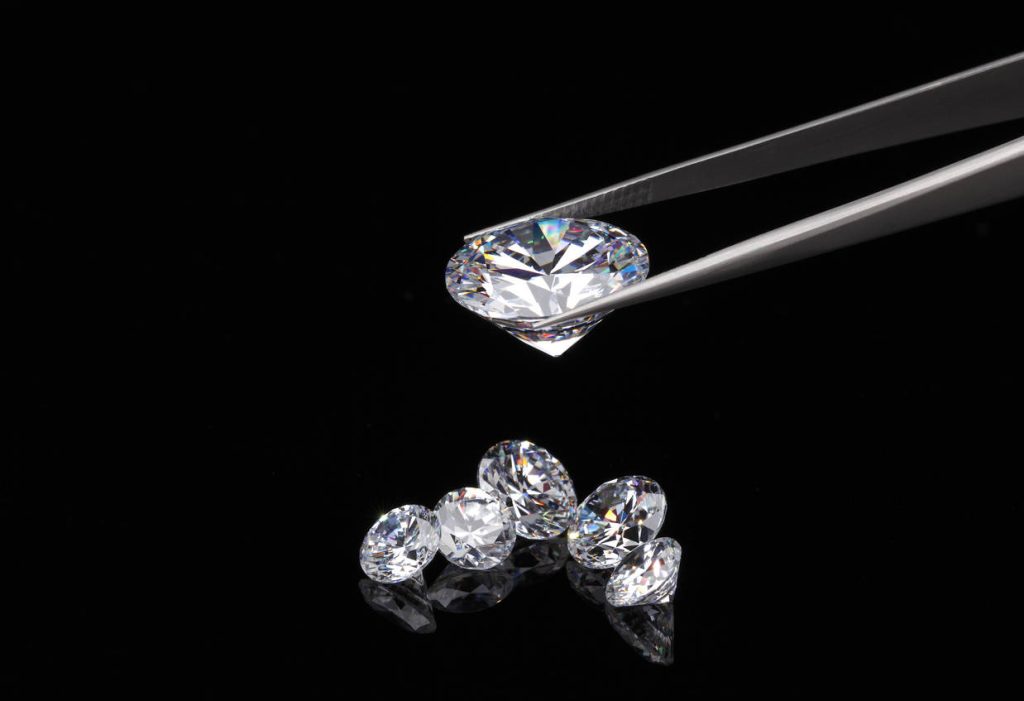
Take Off Your Jewelry If You Must
People who work in hospitals and make-shift health centers during the pandemic. These professionals have already formed the habit of taking off their jewelry before they go to work. If you are staying at home and you are going to clean, cook, garden, or do chores, it is best to remove your jewelry. Since you’re at home, you might as well just keep your jewelry in the safety of your jewelry box. This is to prevent you from damaging your pieces and keep them safe from bacteria and other pathogens.
Make Cleaning Jewelry a Habit
It is important that you clean your jewelry as often as you can. This will ward off bacteria and other pathogens and stop them from spreading. Cleaning your jewelry as much as you can also eliminate any debris that might have accumulated in every corner of your piece. Do this two to three times daily especially for your bracelets and rings. Warm water and mild soap are enough to accomplish this task. Then, use a clean towel to dry your jewelry thoroughly. You can use a toothbrush to remove dirt and other impurities from your piece. Get into those areas no seen immediately such as the space around the stones, into the grooves or underneath the claws. Just make sure you brush gently because the mild soap will do most of the work.
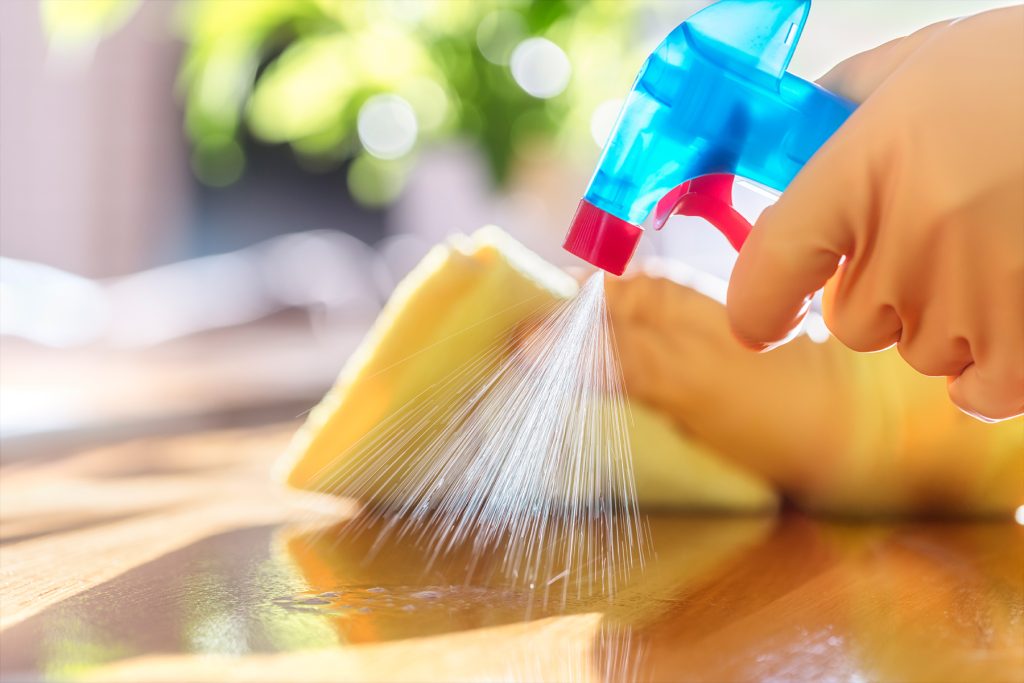
Consider Your Piercings
Most people don’t remove their piercings because doing so may increase their risk of infection and interrupt the healing process. If you wash and sanitize your hands first before touching and removing your piercings, infection and healing won’t be an issue at all. Don’t forget to clean and sanitize your piercings as well.
Use Your Body Products with Care
You should always remove your jewelry before you apply moisturizers and hand creams. If these products touch your jewelry, they could get into the grooves, claws, links, and even behind the diamonds or gemstones. Creams and lotions can harbor pathogens if not removed immediately. If you forgot to remove your jewelry, just remove and clean them right away.
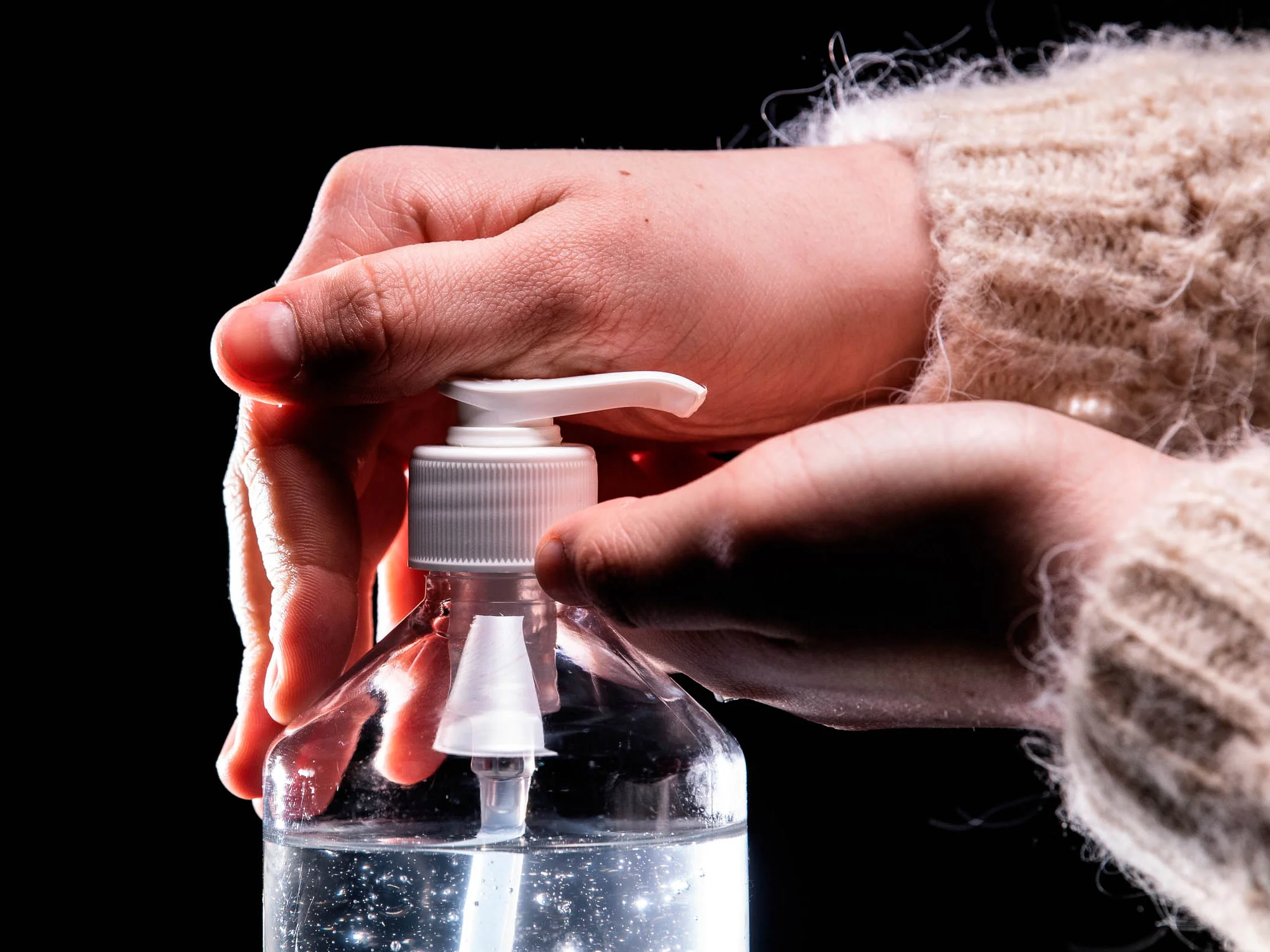
Reminders for Engagement or Wedding Rings
Don’t Wear Them
Your engagement or wedding rings are symbols of the undying love between you and your partner. During this pandemic, we are all encouraged to clean and sanitize our hands and our environments. Most hand soaps are safe for engagement and wedding rings. But harsh cleaning chemicals and excessive use of hand sanitizers may damage them.
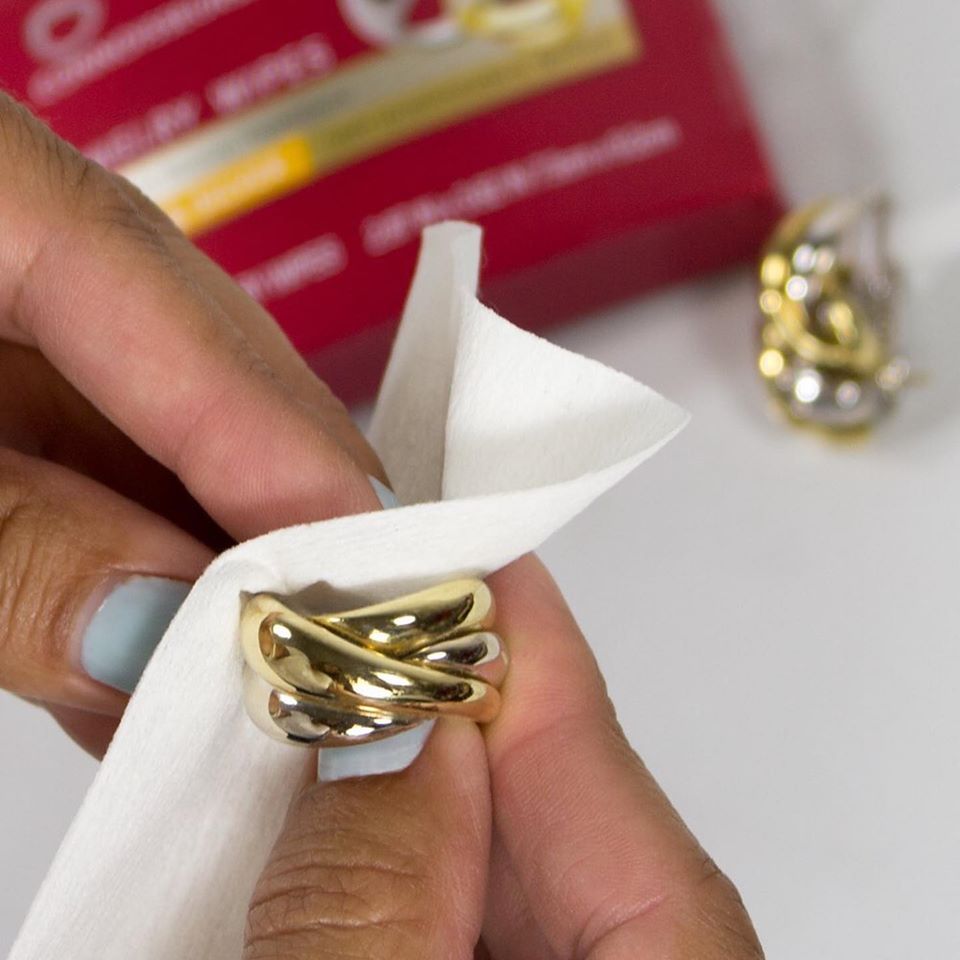
Experts insist that you should not wear these important rings and other pieces of jewelry during this time. The 20-second cleaning process is not enough to ensure that the rings are clean and sanitized as well. Scientists say that you should not wear your rings even if you’re not showing symptoms or even if you’re not positive with COVID-19.
Reasons for Not Wearing Rings
- Frequent handwashing will damage your wedding and engagement rings. Over-cleaning these rings will weaken the setting, including the filigree and prongs.
- Handwashing is not an assurance that the engagement or wedding ring is cleaned thoroughly. Jewelry experts say that rings need longer cleaning time to be completely free of impurities.
- Wearing rings while you wash your hands leave spaces of unwashed skin.
- Even if you wear gloves, your wedding or engagement ring will just rip through them.
Where to Store Your Rings During COVID-19
If you don’t have a safe, here are some ideas for storing your engagement or wedding ring during this pandemic:
- Top of your medicine cabinet
- A hard ring box
- Your purse
- Your trusted friend’s or relative’s safe
- Bedroom drawers
- A bank safe
- A hiding prop
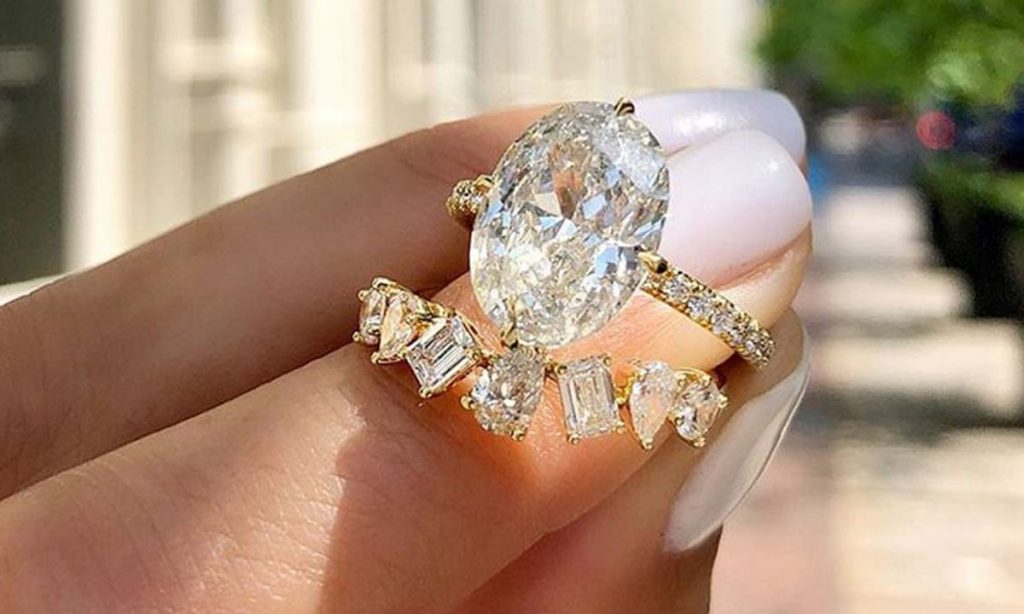
Disinfecting Your Rings
The WHO or CDC has not released specific guidelines concerning the proper care of rings. The following are recommendations for disinfecting your engagement or diamond rings safely:
- Soak your ring in warm water for half an hour. Hot water may loosen the prongs and damage the stones.
- Take the ring out and pour a sanitizer that’s 60% alcohol. With a toothbrush, scrub the sanitizer on our ring gently. Also, scrub underneath your ring.
- Air-dry the ring. Do not use a blow drier or tissue to dry it.
Diamonds are safe to wash with soap and water. It is also safe to disinfect it with soft chemicals or alcohol.
COVID-19 will pass like any other crisis. You should make sure that everything you do helps keep yourself and your entire household safe and healthy. Sanitizing your rings separately and not wearing them for the meantime is an effective way to help fight this pandemic.
